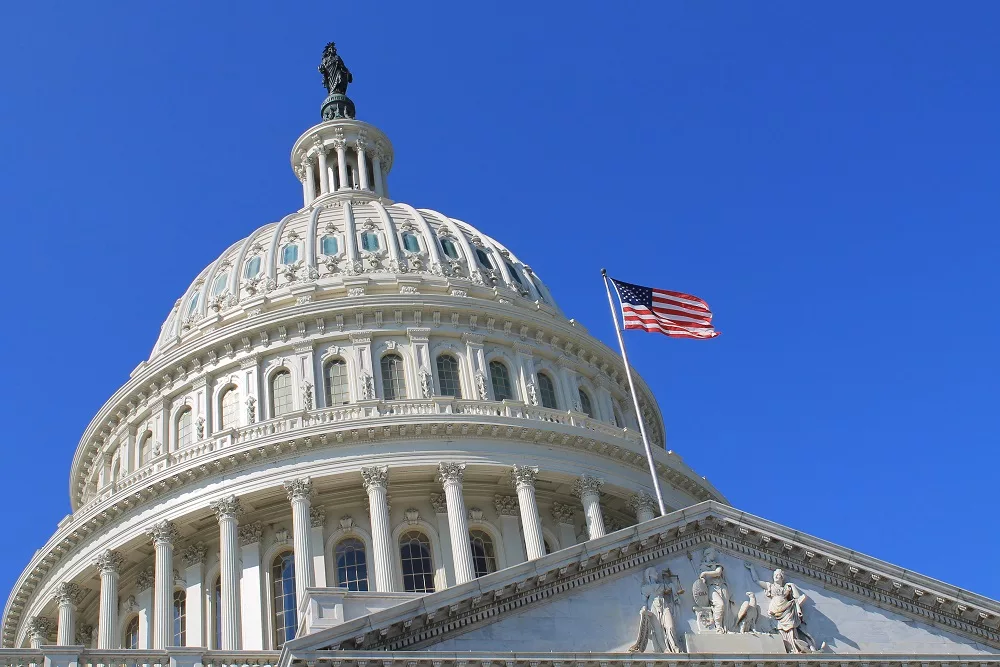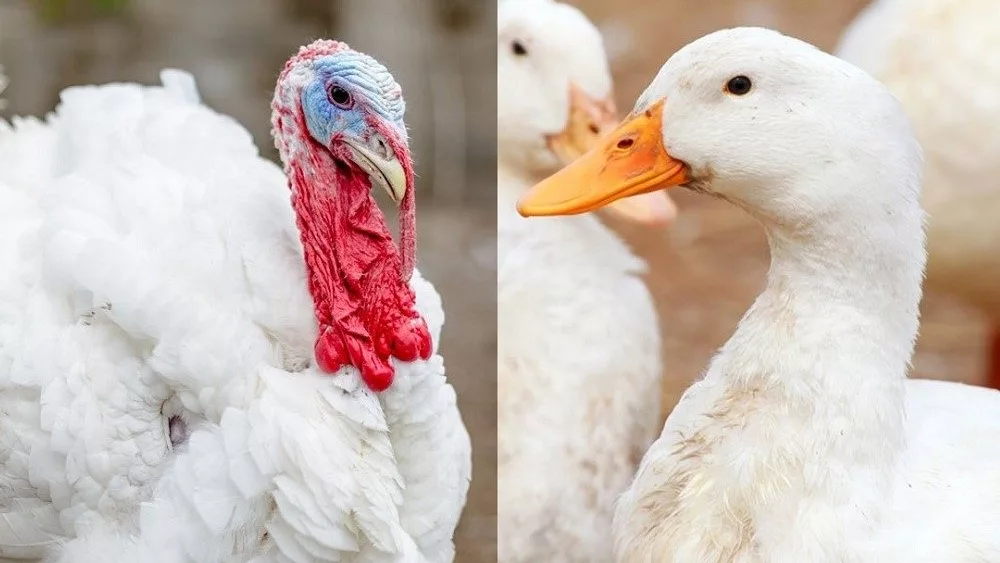As the USDA is projecting a $42.5 billion U.S. ag trade deficit for fiscal year 2025, a new congressional caucus is working to improve U.S. ag trade and trade-related policies.
The bipartisan Congressional Agricultural Trade Caucus was launched earlier this year by four members of the U.S. House—two are Republican and two are Democrat.
The lawmakers say their goal in creating the caucus is to solidify support for trade policies that benefit all those along the food and agricultural supply chains.
Rep. Adrian Smith (R-NE-03), who serves as co-chair, highlights work of the Caucus.
“We have been promoting the aspects of why trade is important. I think sometimes U.S. agriculture is taken for granted in terms of the overall trade agenda,” Smith said. “We want to make sure that stakeholders hear from us and that we have good interaction, good conversations of saying, ‘OK, here what a particular trade policy means’ ultimately to producers and to consumers.”

The Caucus recently sent a letter to the Ambassador of Colombia to the United States expressing concerns regarding investigation into U.S. exports of powdered milk products.
“We export about fifteen percent of our dairy. We have very efficient production. I think we want to look at opportunities to increase that number. Other countries get very protective,” he said. “Canada is a prime example that they get very protective of their own dairy production. So, we’re going to have to engage more though to explain to other countries that opening this up is good for their consumers, good for their industry and we can benefit from that as well.”
Smith is one of four founders and co-chairs of the caucus. The others are Rep. Jimmy Panetta (D-CA-19), Rep. Jim Costa (D-CA-21), and Rep. Dusty Johnson (R-SD-At-Large).
The caucus may have a lot of work ahead to correct the projected U.S. ag trade deficit for fiscal year 2025. According to USDA Chief Economist Seth Meyer, sharply declining commodity prices, as well as a slower Chinese economy, continued strength of the U.S. dollar, and China diversifying its sources for trade are among the top factors that have led to the recent ag trade deficit.






